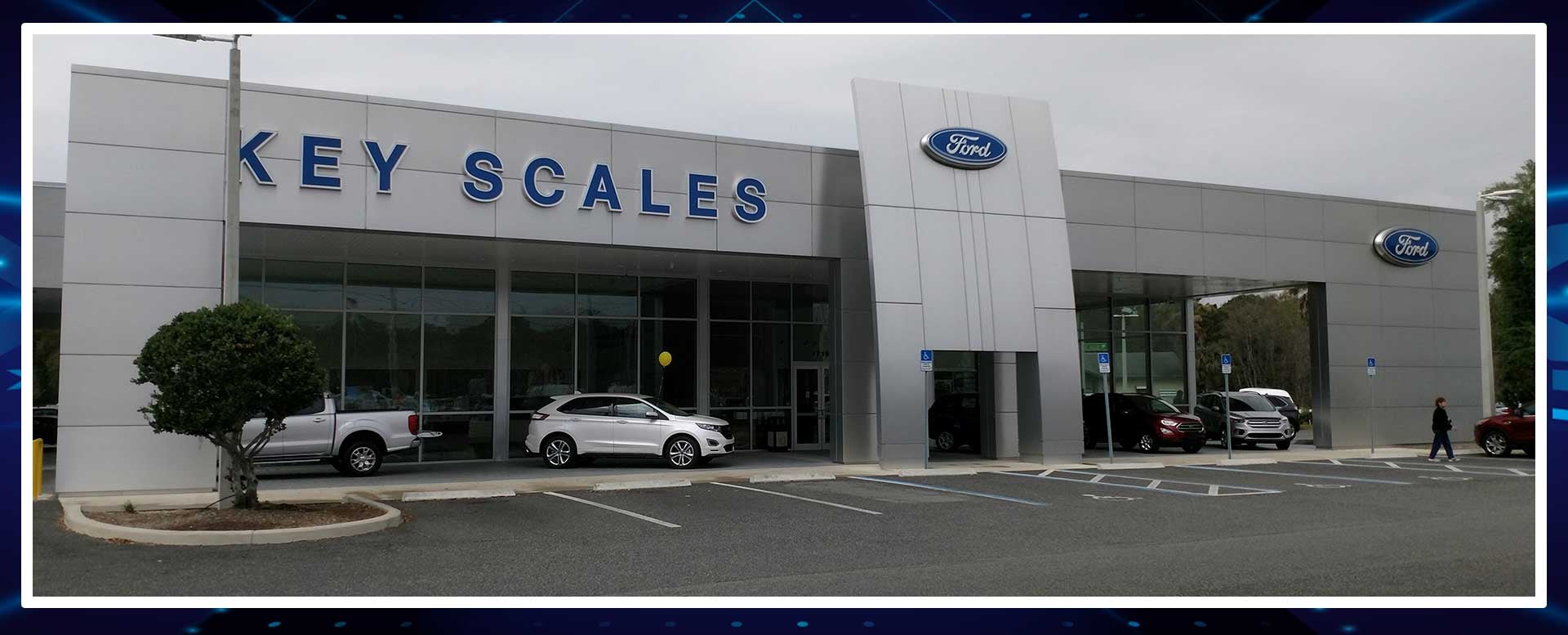Update Your Experience: Varsity Lincoln, Your Portal to Lincoln Lease Excellence!
Update Your Experience: Varsity Lincoln, Your Portal to Lincoln Lease Excellence!
Blog Article
Checking Out the Small Print: What to Know Before Leasing a Cars And Truck
From surprise fees that may catch you off guard to gas mileage restrictions that can influence your daily commute, being fluent in the complexities of a lease arrangement is paramount. Let's unwind the layers of intricacy that come with leasing a car to ensure you make an enlightened choice that aligns with your requirements and monetary objectives.
Lease Terms and Conditions
Understanding the lease terms and conditions is crucial before committing to a vehicle lease agreement. These terms outline the responsibilities and commitments of both the lessee and the owner throughout the lease duration. Additionally, acquaint on your own with the gas mileage limits specified in the lease agreement.
Furthermore, the lease terms will certainly detail the upkeep requirements for the lorry. By completely evaluating and understanding the lease terms and conditions, you can make a notified choice and stay clear of any shocks or misconceptions throughout the lease term.

Hidden Costs and Fees
Upon wrapping up the lease conditions, it is crucial to inspect the agreement for any type of possible surprise costs and charges that may affect the general price of the lease. These added costs can considerably inflate what at first felt like an excellent deal. Some common concealed costs to watch out for consist of purchase costs, personality charges, excess gas mileage costs, deterioration charges, very early discontinuation charges, and down payment fees.

Comprehending Gas Mileage Limitations
One important facet to consider when renting a car is the established gas mileage restriction set by the leasing contract. Gas mileage restrictions define the optimum number of miles a lessee can drive the car yearly without sustaining added costs. It is important to thoroughly comprehend these limitations as surpassing them can cause pricey fees at the end of the lease term
Generally, lease contracts use gas mileage restrictions varying from 10,000 to 15,000 miles each year, with choices to purchase additional miles upfront at a discounted rate. Lessees must precisely examine their driving habits to select a proper gas mileage limitation that straightens with their needs. Going over the agreed-upon mileage can bring about excess mileage fees, which are usually calculated per mile and can include up quickly.
To stay clear of unanticipated charges, lessees must monitor their mileage throughout the lease term and take into consideration choices like this such as carpooling or utilizing public transport when nearing the restriction. Comprehending and adhering to the gas mileage restricts detailed in the leasing agreement is essential for a smooth and affordable leasing experience.
End-of-Lease Responsibilities
As completion of the lease term strategies, lessees need to be prepared to meet their end-of-lease obligations quickly and according to the leasing agreement. One vital obligation is guaranteeing that the vehicle is returned in excellent problem, considering regular wear and tear. Most leasing arrangements specify particular guidelines regarding the appropriate condition of the this link automobile at the end of the lease, and lessees may be monetarily liable for any type of extreme damages.
Additionally, lessees are typically needed to comply with mileage restrictions described in the leasing arrangement. Surpassing these restrictions can result in excess charges that can include up quickly. To prevent unexpected fees, it is very important for lessees to monitor their gas mileage and strategy ahead as completion of the lease term strategies.
Lastly, lessees need to be conscious of any type of end-of-lease charges that might apply. These might include disposition fees, excess wear and tear fees, or any exceptional repayments. By comprehending and preparing for these duties beforehand, lessees can ensure a easy and smooth end to their leasing contract.
Insurance Policy Requirements
When leasing an automobile to make sure appropriate protection throughout the term of the lease,Comprehending the insurance requirements is essential for lessees. The majority of leasing business usually call for lessees to bring thorough and accident insurance coverage on the automobile. Comprehensive insurance covers damages not triggered by a collision, such as theft, criminal damage, or natural disasters. Crash insurance policy, on the other hand, covers problems arising from a crash with one more car or item.
In enhancement to extensive and collision insurance coverage, lessors typically mandate specific responsibility insurance coverage restricts that lessees should meet. Liability insurance policy covers costs connected with bodily injury or residential property damages that the lessee might cause to others while driving the rented vehicle. Lessees must thoroughly assess the insurance policy requirements laid out in their lease agreement to guarantee they are compliant.
Failing to pop over to this site keep the necessary insurance protection can lead to fines or perhaps the termination of the lease contract. It is critical for lessees to communicate with their insurance coverage provider to guarantee that they satisfy all the insurance policy needs defined by the owner.
Final Thought
Finally, it is important for people taking into consideration renting a vehicle to meticulously examine the lease terms and problems, know any type of hidden charges and costs, understand gas mileage restrictions, and plan for end-of-lease responsibilities. In addition, conference insurance requirements is necessary to safeguard both the lessee and the lessor. By being informed and understanding these key elements, people can make knowledgeable choices when renting a vehicle.
Upon completing the lease terms and conditions, it is crucial to inspect the contract for any possible surprise charges and fees that may influence the general price of the lease.Purchase fees are billed by the renting company for establishing up the lease, while personality fees are sustained at the end of the lease term. By carefully evaluating the lease contract for these concealed costs and charges, you can stay clear of unanticipated monetary surprises and make an extra educated decision when leasing a car.
Comprehending the insurance coverage requirements is essential for lessees when leasing a vehicle to ensure correct coverage throughout the term of the lease.In verdict, it is vital for people taking into consideration leasing an auto to very carefully review the lease terms and problems, be aware of any type of covert costs and charges, recognize mileage limitations, and prepare for end-of-lease obligations.
Report this page